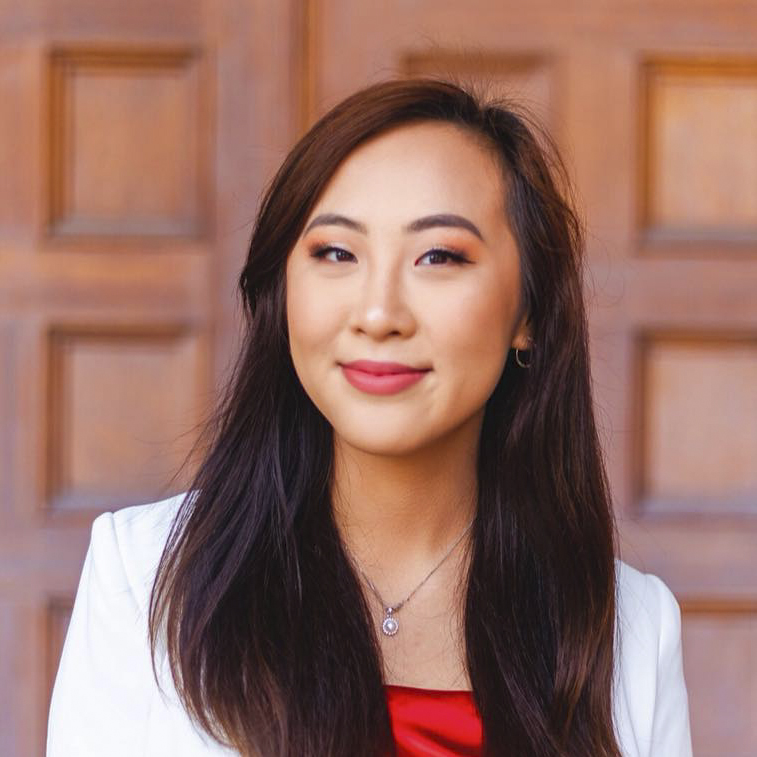Carroll was the 2020-2021 Managing editor. She was previously the Opinion Editor.
Carroll was the 2020-2021 Managing editor. She was previously the Opinion Editor.
Nguyen was the 2020-2021 Social Media Director. She was previously the 2019-2020 assistant Opinion editor and editorial board member.
Nguyen was the 2020-2021 Social Media Director. She was previously the 2019-2020 assistant Opinion editor and editorial board member.
COMMENTS

